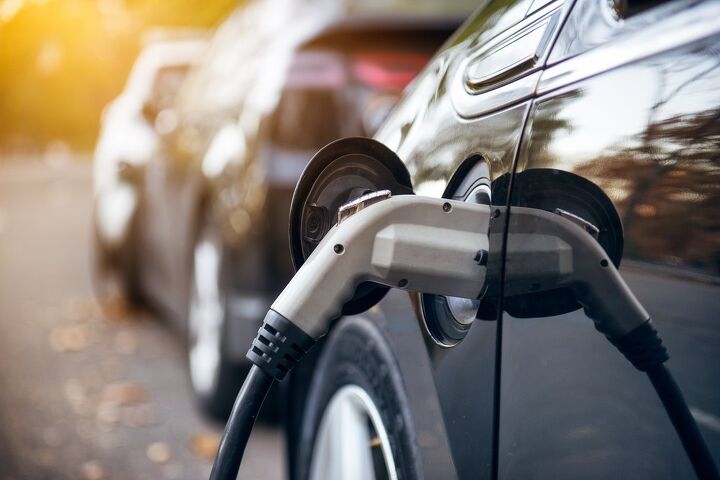Electric vs. Gasoline Cars: Uncovering the Real Climate Savior
Contrary to common misconceptions, electric vehicles (EVs) generally have a smaller carbon footprint compared to traditional gasoline cars. This advantage remains true even when considering the electricity utilized for charging EVs. One key distinction is that EVs produce no direct tailpipe emissions. However, the production of electricity for EV charging can result in carbon emissions, depending on the energy source.
The carbon pollution from electricity varies based on local energy production methods. For instance, electricity generated from coal or natural gas is associated with higher carbon emissions, while renewable sources like wind or solar energy contribute negligible carbon pollution. Despite the variance in electricity production methods, studies indicate that EVs are typically linked to lower greenhouse gas emissions than the average new gasoline vehicle.
The shift towards renewable energy sources further enhances the environmental benefits of EVs. As more renewable energy sources are integrated into the power grid, the overall greenhouse gas emissions associated with EVs can be further reduced. Notably, in 2020, renewable energy sources rose to become the second-most dominant source of electricity in the United States.
Tools to Measure Your EV's Environmental Impact
The Environmental Protection Agency (EPA) and the Department of Energy (DOE) offer valuable resources for assessing the environmental impact of EVs. The EPA's Power Profiler is an interactive tool that provides information about the electricity production mix in different regions. By entering a zip code, users can understand the specific energy sources powering their local area.
Additionally, the Beyond Tailpipe Emissions Calculator, developed by the EPA and DOE, is a user-friendly tool designed to estimate the greenhouse gas emissions from charging and driving an EV or a plug-in hybrid electric vehicle (PHEV). This tool allows users to select specific EV or PHEV models and input their zip code to compare the CO2 emissions from these vehicles with those from gasoline cars. These tools empower individuals to make informed decisions about the environmental impact of their transportation choices.
This article was co-written using AI and was then heavily edited and optimized by our editorial team.
More by TTAC Staff
Latest Car Reviews
Read moreLatest Product Reviews
Read moreRecent Comments
- Canam23 When I moved to France a little over two years ago, one of the first things I noticed is the French buy French... everything. Seven out of ten cars you see on the road are French. When you go to the Home Depot equivalent, almost all the products are French or European Union, even the food in the grocery stores is labeled as being produced in France. This probably isn't surprising from a country that makes its own airliners, fighter jets and submarines but coming from the US where so much is imported from outside and especially from China, this was a revelation. Does France have protective tariffs? Yes, but nothing over the top. The French are proud of their products and they enjoy their employment and the benefits they receive. They do sell a Chinese brand here, MG, and you get a bit more for your money, but not much.If Americans had the same attitudes as the French, there might be a lot more manufacturing jobs in the US.
- Fred Remember when "made in Japan" was cut? Face it people bought 10 year old Fiats made behind the iron curtain. People will always shop price, the rest be damned.
- FreedMike Wow, and here I was thinking the EV haters were raring to go out and buy one, and then this. Tragic.
- Jkross22 "Even with that positive survey response, potential buyers are still worried about privacy." - LOL, that's hilarious. I wonder if the survey takers stopped the survey to take a few selfies and upload them to the cloud (aka someone else's computer).
- AZFelix The electricity used at the charging stations to recharge EVs does not magically originate from a stockpile of electrons. Sadly this information may surprise some people. When you examine how the energy which powers the US electric grid is generated it can be neatly broken down into almost perfect fractions:20% renewables20% nuclear40% natural gas20% coalSo from a cynical viewpoint, one can argue that 1 in 5 EVs are essentially "rolling coal".


































Comments
Join the conversation